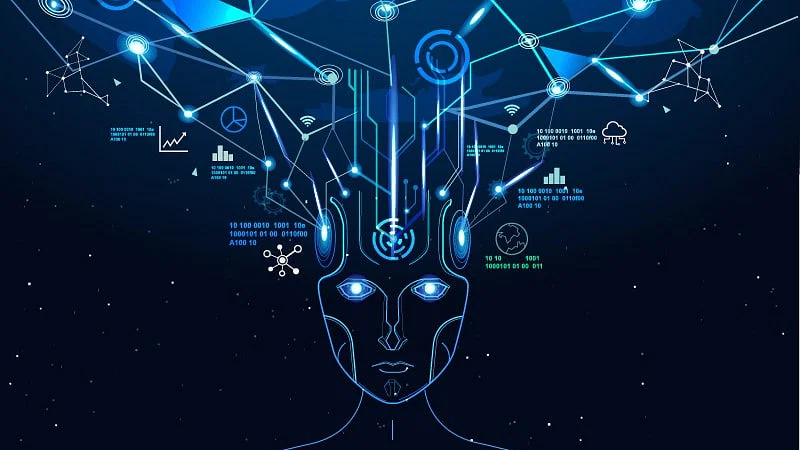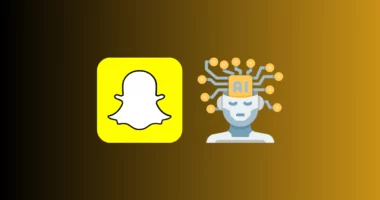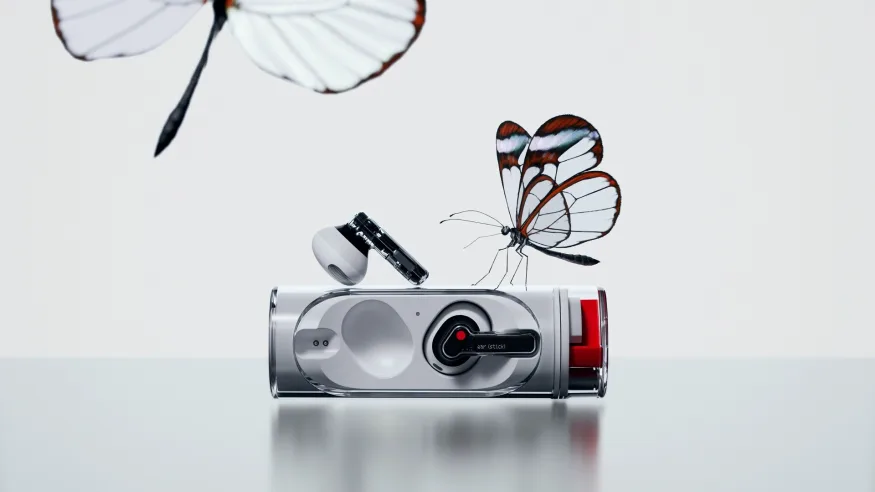Observers say that the rise of general artificial intelligence, which is now seen as inevitable in Silicon Valley, will bring changes that are “orders of magnitude” bigger than anything the world has seen before. Are we ready, though?
AGI, which is defined as artificial intelligence with human cognitive abilities (as opposed to narrower AI like ChatGPT), could free people from mundane tasks and bring about a new era of creativity.
Experts warn, though, that such a big change in the way people think could hurt jobs and cause social problems that can’t be solved.
Siqi Chen, the CEO of a San Francisco startup called Runway, says that big social changes were sparked by new technologies like electricity and the internet.
“Now, however, we are looking at intelligence itself… This is the first time we can make intelligence and make more of it in the universe “AFP was told.
Because of this, change will be “orders of magnitude larger than any other technological change in history.”
And such an exciting and scary change is a “two-edged sword,” Chen said. He said that AGI could be used to fight climate change, for example, but he also said that we want it to be as “steerable as possible.”
When ChatGPT came out at the end of last year, it was a big step towards making the long-held dream of AGI a reality.
OpenAI, the company that made the software that can write essays, poems, and computer code on command, released GPT-4 this week, which is a more powerful version of the technology that runs it.
It says that the technology will be able to do more than just process text. It will also be able to process images and make more complex content, like legal complaints or video games.
The company said that this means it has “human-level performance” on some benchmarks.
Goodbye to ‘Drudgery’
The success of OpenAI, which is backed by Microsoft, has started a sort of arms race in Silicon Valley, where tech giants are trying to take their generative AI tools to the next level, but they are still worried about chatbots going crazy.
AI-powered digital assistants from Microsoft and Google can already do things like summarise meetings, write emails, build websites, make ad campaigns, and more. This shows us what AGI will be able to do in the future.
The corporate vice president of Microsoft, Jared Spataro, said, “We spend too much time doing boring things.”
During a Microsoft presentation on Thursday, Spataro said that he wants to use AI to “rediscover the soul of work.”
Artificial intelligence can also cut costs, some suggest.
British landscape architect Joe Perkins tweeted that he used GPT-4 for a coding project that a “very good” developer said would cost 5,000 pounds ($6,000) and take two weeks.
“GPT-4 did the same thing in three hours for $0.11,” he wrote in a tweet. “Really makes no sense.”
But that raises the question of how human jobs will be affected, and entrepreneur Chen admits that the technology could one day be used to build a startup like his or one that is even better.
“How am I going to make a living and not be homeless?” he asked, adding that he was counting on solutions to come up.
Existential Questions
When songs, pictures, art, and other creative works are made by software instead of people, this raises questions about their authenticity.
Will people stop going to school and instead rely on computers to do their thinking for them?
And who can we trust to make sure that the AI is fair, accurate, and able to adapt to different countries and cultures?
Sharon Zhou, co-founder of a company that makes generative AI, says that AGI is “probably coming at us faster than we can process.”
She told AFP that the technology makes people think about their very existence.
“What does it mean for us if there is something smarter and stronger than us?” Zhou asked.
“How do we use it? Or does it keep us in check?”
OpenAI says that it wants to build AGI slowly so that it can help everyone, but it has admitted that the software is not safe.
In an interview with the MIT Technology Review, Ilya Sutskever, the chief scientist at OpenAI, said that safety is a “process.” He also said that it would be “highly desirable” for companies to “come up with some kind of process that allows for slower releases of models with these completely new abilities.”
But, says Zhou, slowing down is not part of the culture right now.
“Those who know how to build this stuff have a lot of power. And they decide what to do about it, and they tend to move quickly “she says.
She says that the whole order of the world could be at risk.
“There has been a lot of pressure between the US and China,” Zhou says. He also says that the race to develop AI reminds him of the Cold War.
Read More:
Email App Updates Incorporating ChatGPT Technology Are Halted by Apple.
A New Apple-Only Report On The Price of the iPhone 15 is Shocking.









